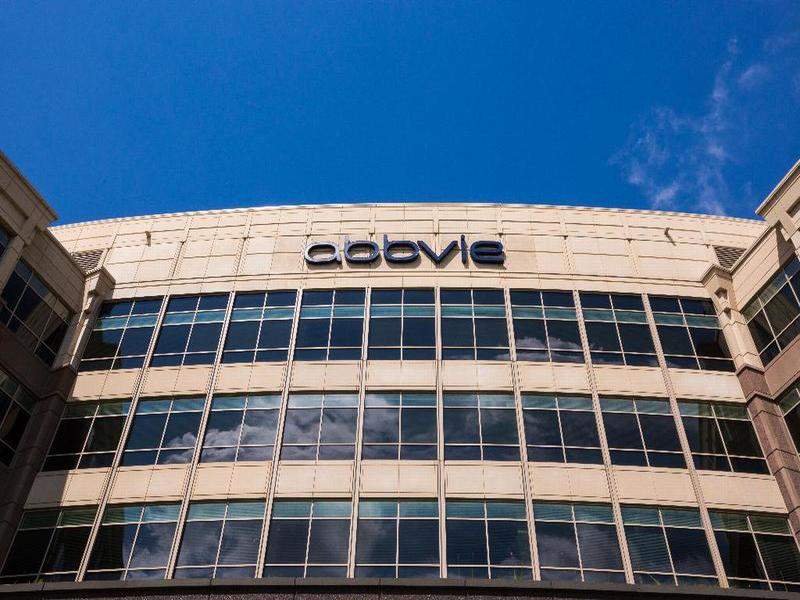

AbbVie has reported top-line results from two Phase III clinical trials of its veliparib in combination with chemotherapy regimen to treat squamous non-small-cell lung cancer (NSCLC) and triple-negative breast cancer (TNBC).

Discover B2B Marketing That Performs
Combine business intelligence and editorial excellence to reach engaged professionals across 36 leading media platforms.
The results indicated that veliparib in combination with carboplatin and paclitaxel has failed to meet the primary endpoints of the trials.
Veliparib is an investigational, oral inhibitor of naturally occurring enzyme called poly (adenosine diphosphate [ADP]-ribose) polymerase (PARP).
Both the randomised, double-blind and multi-centre Phase III trials investigated the safety and efficacy of veliparib, carboplatin and paclitaxel combination therapy.
AbbVie chief scientific officer and research and development executive vice-president Michael Severino said: "We have a comprehensive and innovative oncology pipeline that will help bring to market meaningful therapies for hematologic malignancies and solid tumours, especially where there continues to be a significant unmet need."

US Tariffs are shifting - will you react or anticipate?
Don’t let policy changes catch you off guard. Stay proactive with real-time data and expert analysis.
By GlobalDataOne trial evaluated the combination in 970 metastatic or advanced squamous, non-small-cell lung cancer patients with smoking history and who have not received any prior treatment.
The primary endpoint of the trial was improvement in overall survival in patients who had smoked in the past 12 months and with more than 100 smoking events in their lifetime.
The trial also examined secondary endpoints such as improvement in overall survival, progression-free survival and overall response.
The other trial assessed the combination therapy in 312 patients suffering from early stage, triple-negative breast cancer.
The trial's primary endpoint was complete pathologic response, while the secondary endpoints were breast conservation rate, overall survival and event-free survival.
AbbVie is currently studying hematologic oncology and solid tumour pipeline in more than 200 clinical trials for more than 20 tumour types.
Image: AbbVie US headquarters. Photo: courtesy of AbbVie.





